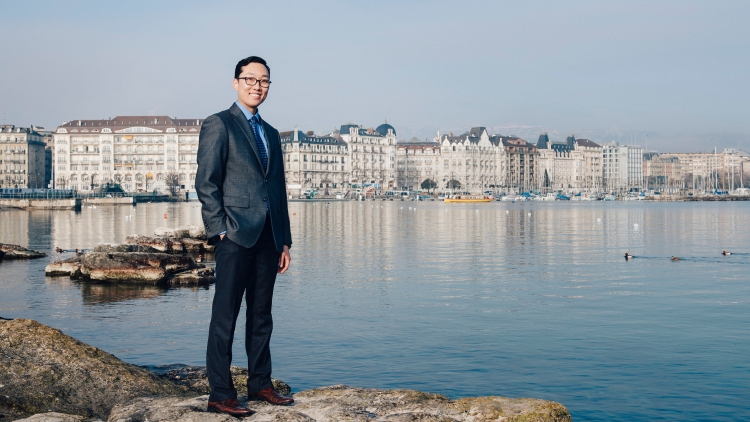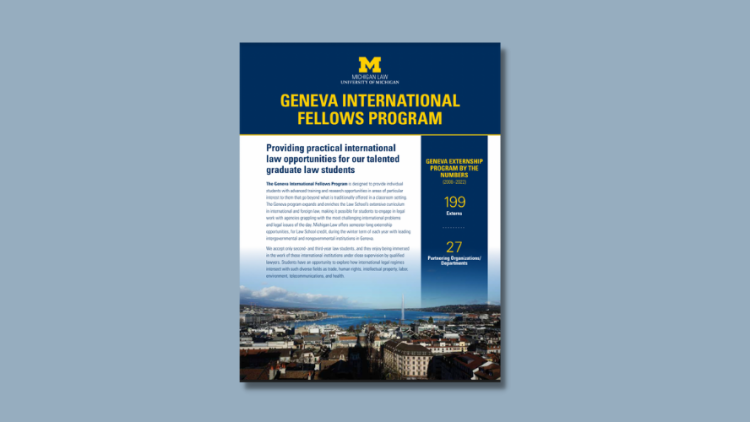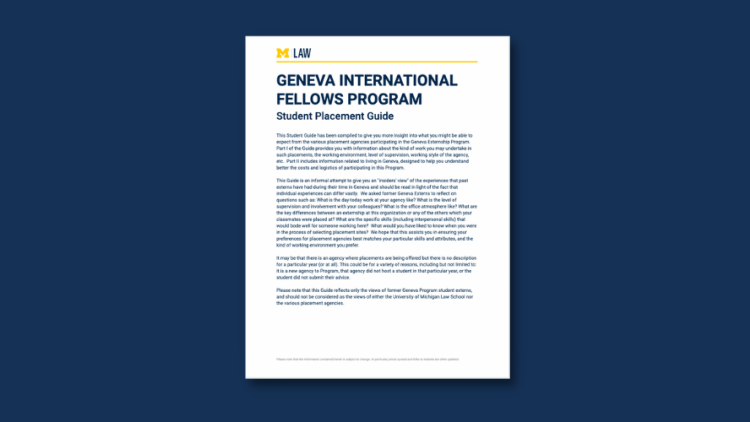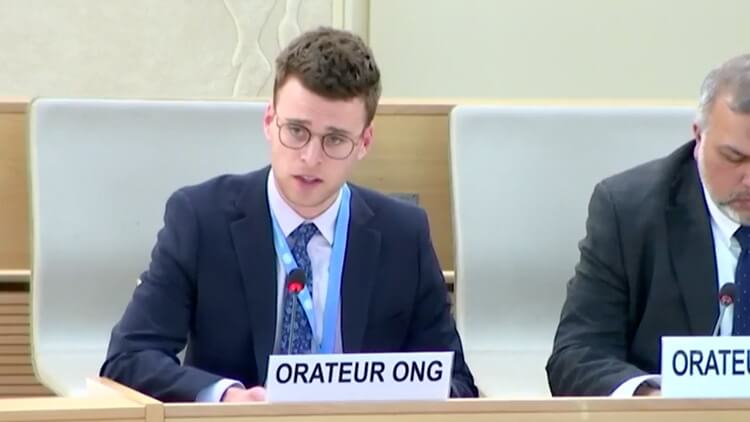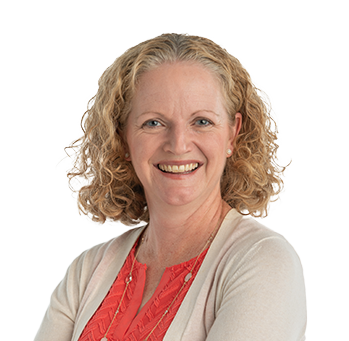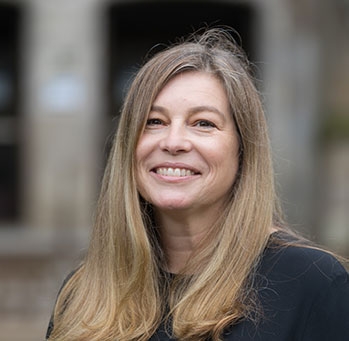Apply Now
The Geneva International Fellows Program is more than just on-the-job training⸺it offers a mix of classroom and practical learning, advanced training, and research opportunities.
We hope you’ll consider applying.
Please submit your application through MCompass, and make sure your application package is complete before you submit. Please be aware that the Geneva Externship Program has a cap of 15 students. Occasionally, we receive more applicants than we can accommodate, but the vast majority of applicants receive a spot at one of their top three choices.
What You’ll Need
- A cover letter
- Address letter “To whom it may concern” and leave the address blank
- Your resume
- A statement of interest
- There are no length requirements, though most are around three to five pages, double-spaced.
- A letter of recommendation from a Michigan Law professor
- Ask them to send to [email protected]
- If you are doing an externship in your final semester, please review your graduation requirements to ensure any remaining requirements will be satisfied by the externship. Please consult the registrar if you have any questions regarding graduation requirements.
Externship Details
Students, before you proceed, be sure to read the policies and regulations governing Michigan Law externships.
If you are interested in the Geneva Externship Program, you are welcome to consult with Professors Anna Nicol or Amy Sankaran via Symplicity or email.
-
Externship Requirements
Externship Courses
The Geneva Externship Program is a 14-credit, semester-long course that combines field placements with leading International Organizations (IOs) and Non-Governmental Organizations (NGOs) in Geneva (12 credits, pass/fail) with a contemporaneous Seminar (two credits, graded) intended to provide substantive context for the externships.
The goals of the program are that students:
- develop their knowledge and understanding of public international law, the role and function of International Organizations and Non-Governmental Organizations, as well as the practice of various specialty areas practiced in the international context (e.g., International Trade Law);
- improve their ability to perform lawyering skills in an international context, e.g., conducting research, drafting documents, analyzing legislation, monitoring developments in international law, discussion issues and policy implications, developing strategic plans, negotiating on behalf of an organization, or speaking publicly on behalf of an organization;
- are exposed to the range of effective lawyering in an international context;
- further develop their professional working relationships with attorneys practicing in the field, support staff, and peers; and
- become a self-directed learner and reflective practitioner, intentional about their on-going professional development, and actively engaged in their supervisory relationship.
Course RequirementsIn addition to the field placement, you are expected to do the following as part of the Seminar:
- attend approximately 13 seminar sessions, divided between guest lectures/visits and roundtable discussions;
- submit written submissions in the form of bi-weekly Reflective Essays, a Final Report, and a Student Guide contribution. These written submissions are designed to solicit reflective description of your daily work, the nature of the projects they are working on, the role they play in their assigned projects, and the supervision and feedback they are receiving; and
- provide three Work Products samples.
-
Student Eligibility
The externship program is open to second- or third-year law students who are in good academic standing at the Law School.
-
Credits
The Geneva Externship awards 14 credits total: 12 credits for the field placement work (pass/fail) and two credits (graded) for the related seminar. In some cases, a student may write an academic research paper for an additional one or two credits. If you are interested in this option, please speak with Professor Anna Nicol.
Students who propose a final semester externship must also include in their application packet a completed Registrar Checklist showing that at the end of the externship all requirements for their degree will have been met.
-
Prerequisites
Everyone going to Geneva is required to complete their International Law Distributional Requirement before the externship.
We do not put a required class on the list if it is not offered in the fall semester, so once the new fall schedule is released, we create the new list for the coming year. This also means that it is not too late if you have not already taken a required class.
Some placements have additional specific course prerequisites. If you choose one of these organizations and we place you there, you must complete all prerequisites before going to Geneva. Many prerequisites can be taken care of the fall before you go.
View the Latest Prerequisite Requirements
-
Tuition and Living Expenses
Students who pursue an externship in Geneva are known as Geneva International Fellows, each of whom receives a $3,000 fellowship to assist with Geneva-related expenses. Externs pay their regular tuition, and their regular aid package (loans and scholarships) applies.
-
Details About the Application Process and Timeline
Professors Nicol and Sankaran will be in touch to schedule a discussion with you about your choices in mid-March.
In late March/early April, the Geneva Selection Committee (including Professors Howson, Nicol, Ratner, Sankaran, and one more to be decided) will meet to place the externship applicants.
Our goal is always to place as many students as possible in one of their top three choices. After our selections, we will notify you of your nomination, and Professor Nicol will start working with your draft cover letter to polish it for submission to sites.
We hope to send nominations to sites by early May, just after finals. Then we wait to hear from the placements.
For some, it is a very quick turnaround, while other sites will take longer.
Many sites have internal application processes, even interviews, which candidates must do.
You must be very communicative during the summer to ensure you do not miss any of these nuances. And you must be patient.
As summer turns to fall, there is a lot of work on permits; visas; and for one site (the U.S. Mission to the UN), a security clearance. Each of these things are time-consuming, and each can lead to more waiting. It is our hope to have everything settled before classes begin in September, but that process can extend into fall for some sites. In all cases, we are in touch with you throughout, and you are always welcome to reach out to us too, of course.
-
Placement Sites

